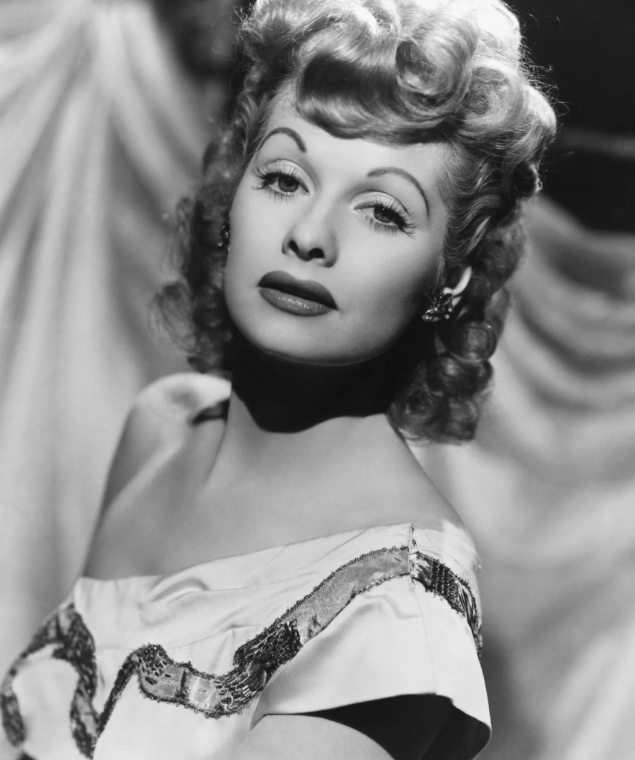Lucille Ball stands as one of the most iconic figures in television history, renowned for her impeccable comedic timing and pioneering contributions to the entertainment industry. She began her career in the 1930s, working as a model and film actress, taking on various roles in B-movies throughout the 1940s. While her early Hollywood work didn’t immediately catapult her to fame, it allowed her to develop the on-screen charm and timing that would later define her career. It was in the 1950s, when she moved into television, that Lucille Ball truly secured her place in history.
In 1951, I Love Lucy debuted, and Lucille Ball became a household name. Playing the endearing, quirky Lucy Ricardo alongside her real-life husband Desi Arnaz, she broke new ground for women in comedy. The show was a tremendous success, praised for its innovative filming techniques, diverse casting, and unforgettable humor. Behind the scenes, Ball was equally groundbreaking—she co-founded Desilu Productions, becoming the first woman to lead a major television studio. Under her guidance, Desilu produced iconic shows like Star Trek and Mission: Impossible.
As time passed, Lucille Ball adapted to the changing landscape of the entertainment industry. After I Love Lucy, she starred in several follow-up sitcoms such as The Lucy Show and Here’s Lucy, each maintaining her comedic flair while evolving with the times. As she aged, her humor became more refined, and her roles shifted to reflect a more maternal, sharp-witted character. She remained beloved by audiences, proving that her appeal transcended decades.
Off-screen, Lucille Ball evolved too. Her early image as a cheerful redhead gradually gave way to her reputation as a shrewd businesswoman and television pioneer. She mentored younger performers and became an influential figure for women in entertainment. Despite personal challenges, including her divorce from Arnaz, she stayed committed to her craft and to breaking barriers in a male-dominated industry.
By the time of her death in 1989, Lucille Ball had transformed from an aspiring starlet to a cultural icon. Her journey through Hollywood mirrored not only her personal growth but also the transformation of the entertainment industry. She opened doors for countless comedians and creators, and her bold approach to comedy, business, and life continues to inspire. Lucille Ball didn’t just change with the times—she helped reshape television forever.
